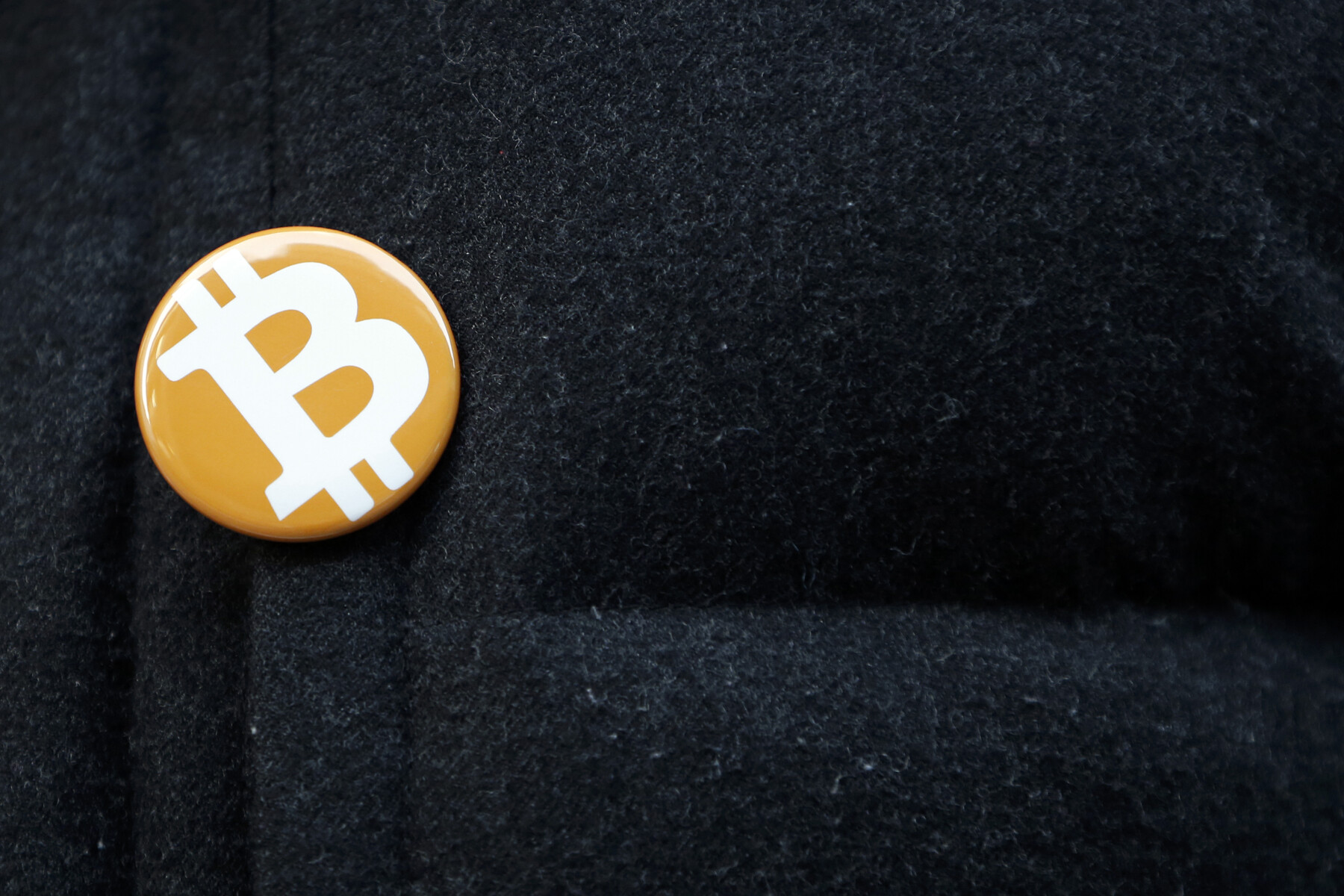The Bitcoin Collective Delusion
Bitcoin has value because some people engage in a form of delusion that invests any currency with value.
Bloomberg, February 25, 2014
When I first stated traveling for work, I was surprised and amused by the various currencies I saw. Pre-euro, one would encounter a multitude of paper bills of different sizes and colors, each imprinted with a famous man or woman I probably hadn’t heard of.
Imagine that: The locals actually believed these silly pieces of colored paper had value. Sure, paper currency worked as a medium of exchange, and it allowed you to buy goods and services within that society. But how far off was it to observe that this shared belief system was little more than a collective delusion? Take the paper to another land that didn’t share that belief system — they had their own, different delusion — and the paper seemed to be worthless.
That is the simplified version of paper currencies. The real world is obviously more complex. Banks exist, and foreign delusions (currencies if you will) can be exchanged for a fee for the local paper delusion. There is also a nation behind the “worthless” paper, with a standing army, the power to tax and an enormous enforcement mechanism. Perhaps that is the authority that makes our collective delusion seem to be somewhat less deluded.
This brings me to the digital currency, Bitcoin.
Like paper, it too represents a collective delusion. Only instead of paper, it is an open source software, peer-to-peer payment system. It was developed anonymously (by the pseudonymous Satoshi Nakamoto) and is limited to 21 million virtual “coins.” Its value is determined by the beliefs of its adherents, reflected in trading on the Bitcoin index.
A small but vocal group of crypto-anarchists so strongly disapproves of paper money that the Bitcoins in circulation now are valued at $6.2 billion, up from almost nothing just a few years ago. Indeed, in the Q&A portion of almost every speech I have given since the financial crisis, invariably a question arises about “worthless” fiat currencies. My response has always been the same: “Please send me your worthless fiat currency, be it euros or dollars, for proper disposal. Contact me at the e-mail below and I will assist in freeing you from this troublesome paper.” “Worthless” fiat currency works well within the collective delusion to which I belong.
Bitcoin is in the news because of the collapse of Mt. Gox, one of the largest Bitcoin trading exchanges, after hackers managed to steal 6 percent of all the Bitcoin in circulation.
What makes this so intriguing is that all currencies have vulnerabilities. Paper money can be counterfeited, credit-card databases can be breached, bank vaults are far from impregnable. The long list of retailers who have been hacked over the past year shows that every currency or payment system has weaknesses that can be exploited.
All of which only serves to bring me back to our original observation: Perhaps with the exception of barter, any system that relies on a medium of exchange is a form of collective delusion. How we interact with it, and what we do in the face of this collective delusion’s strengths and weaknesses will determine the way we make future financial plans.
~~~
Bloomberg, February 25, 2014

A Mt. Gox customer wears a badge featuring a Bitcoin symbol while protesting outside a building housing the headquarters of Mt. Gox and its parent company Tibanne Co. in Tokyo, Japan, on Tuesday, Feb. 25, 2014. Mt. Gox, the Bitcoin exchange that halted withdrawals this month, went offline as industry peers distanced themselves from the Tokyo-based company in an effort to defend the virtual currency. Photographer: Kiyoshi Ota/Bloomberg


What's been said:
Discussions found on the web: